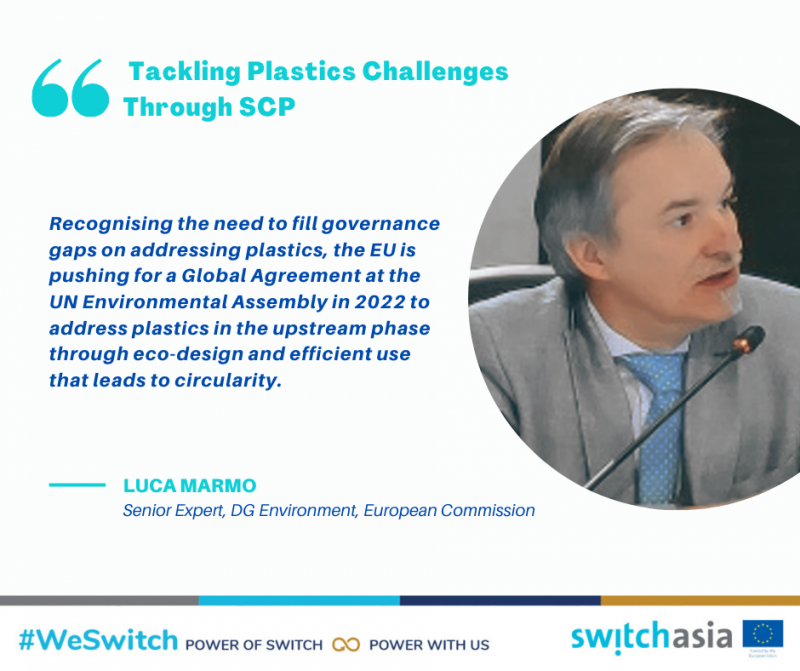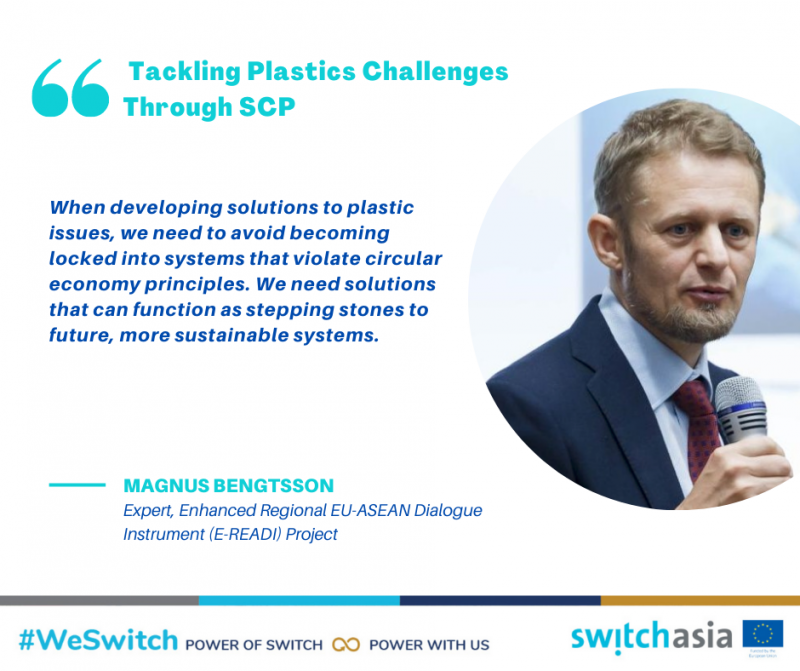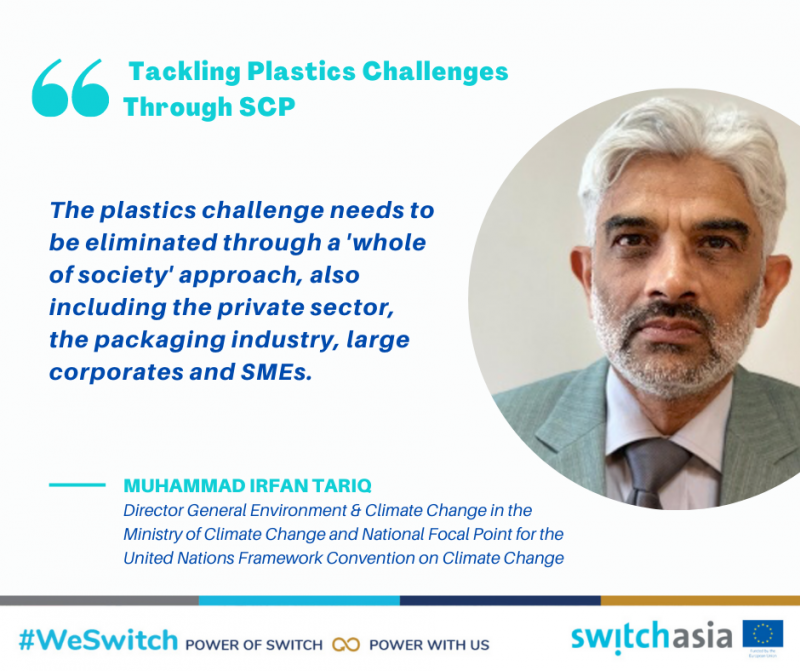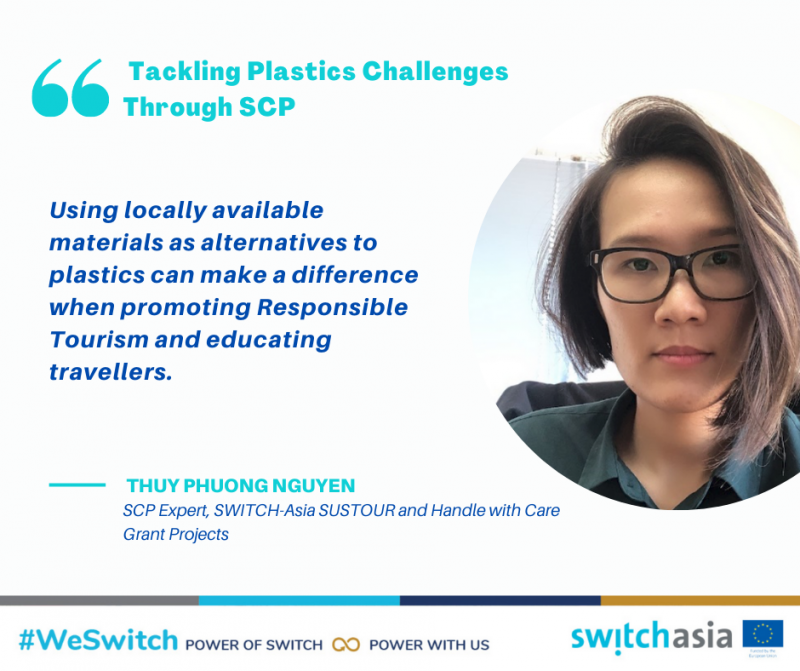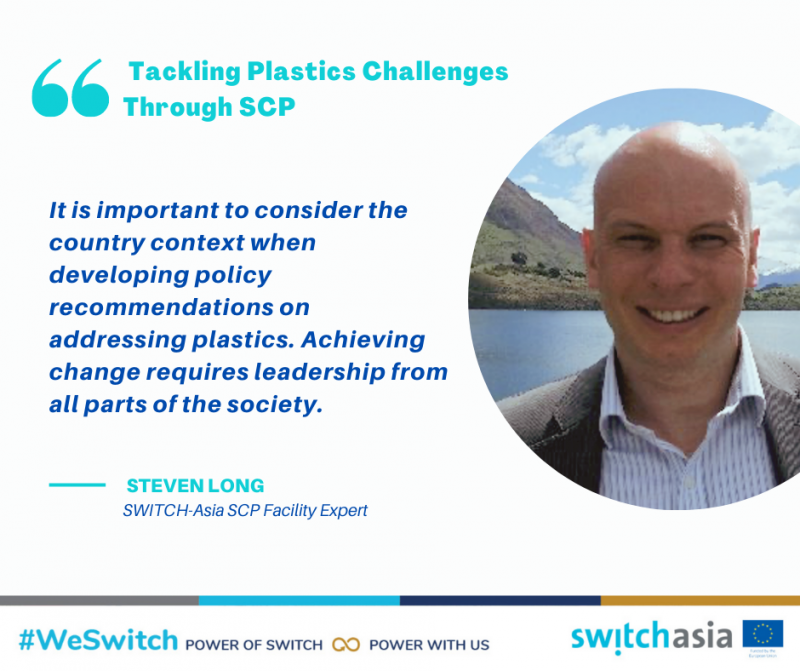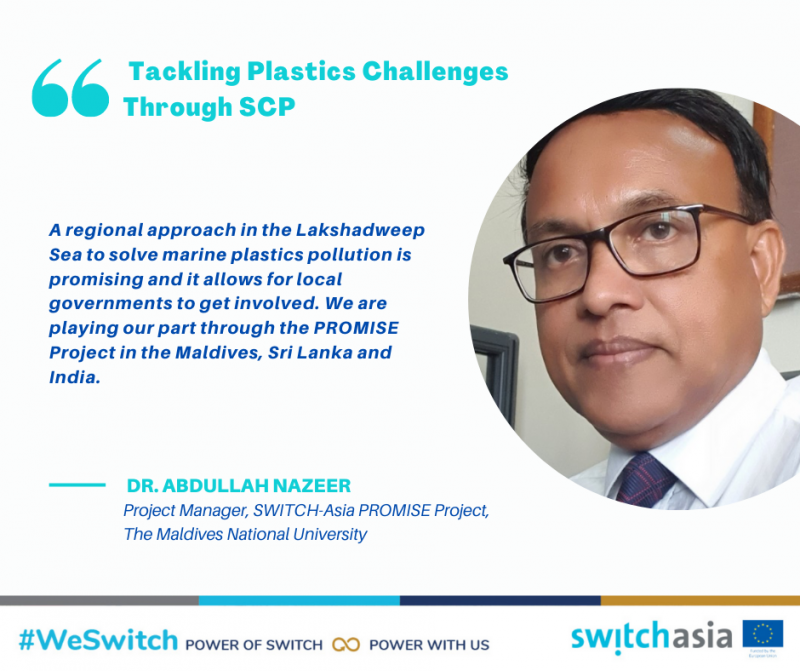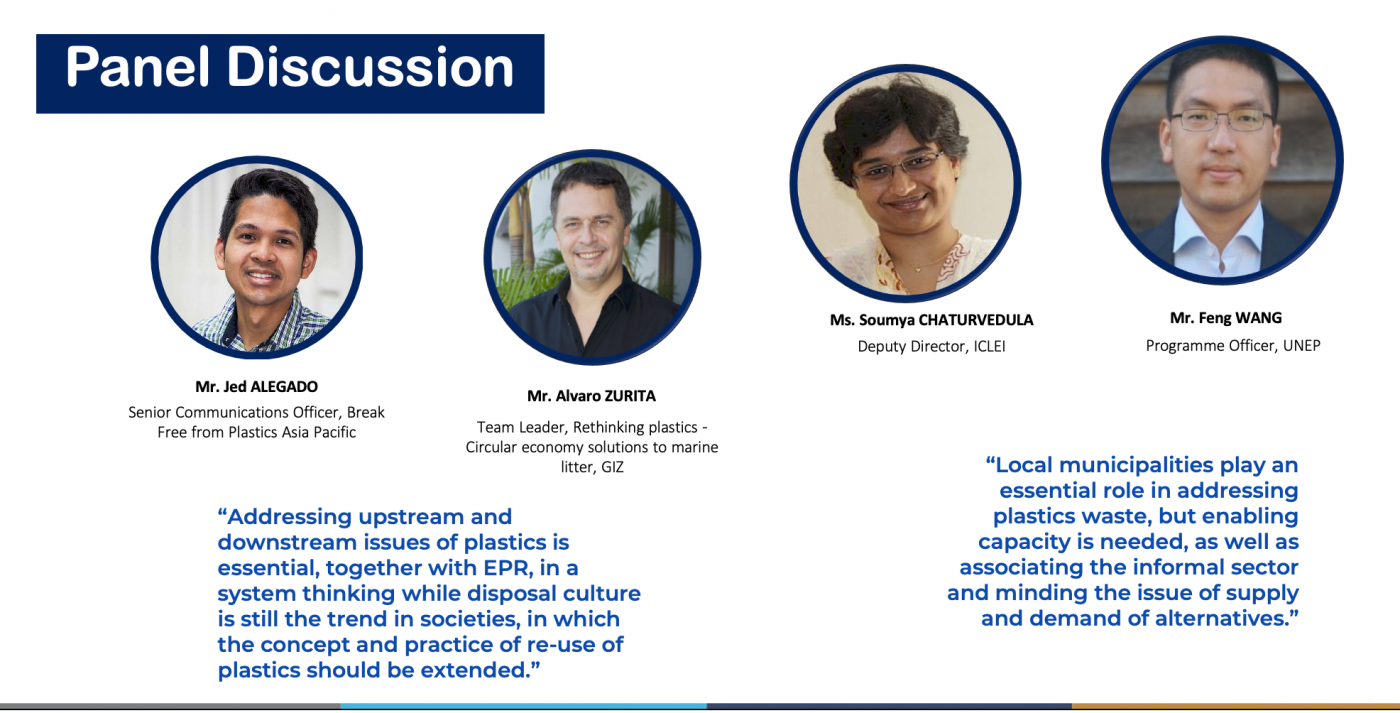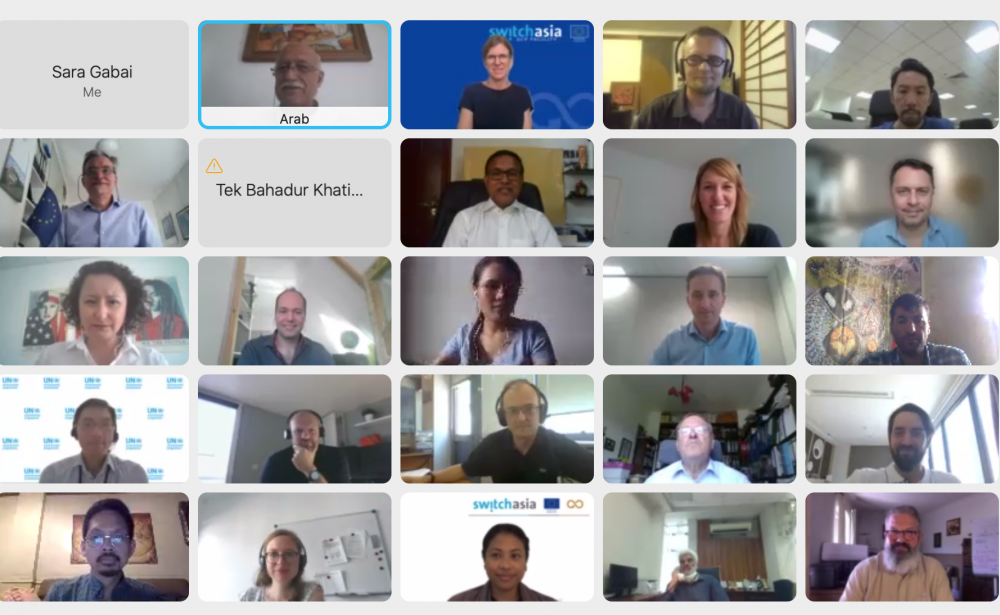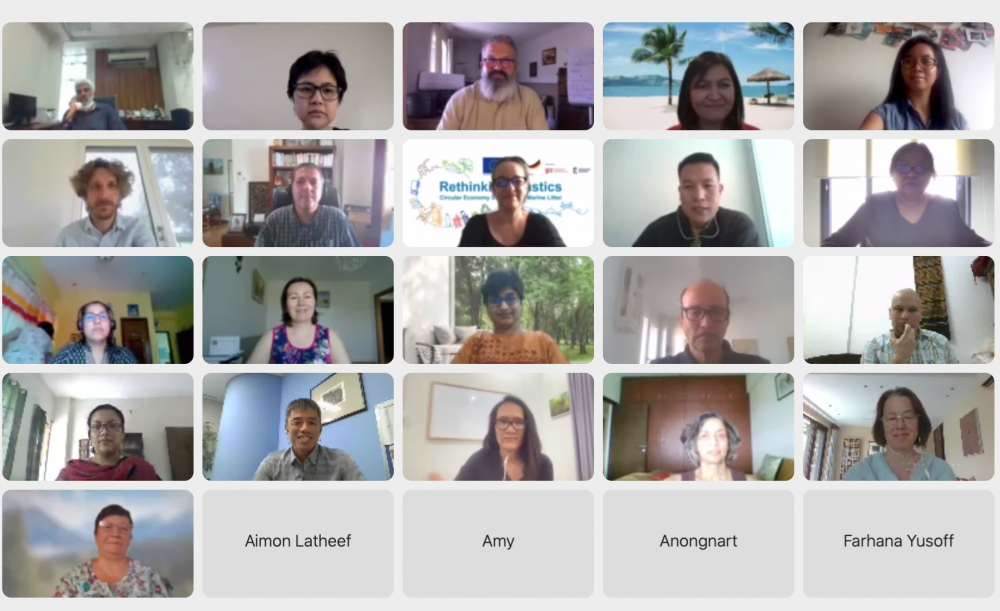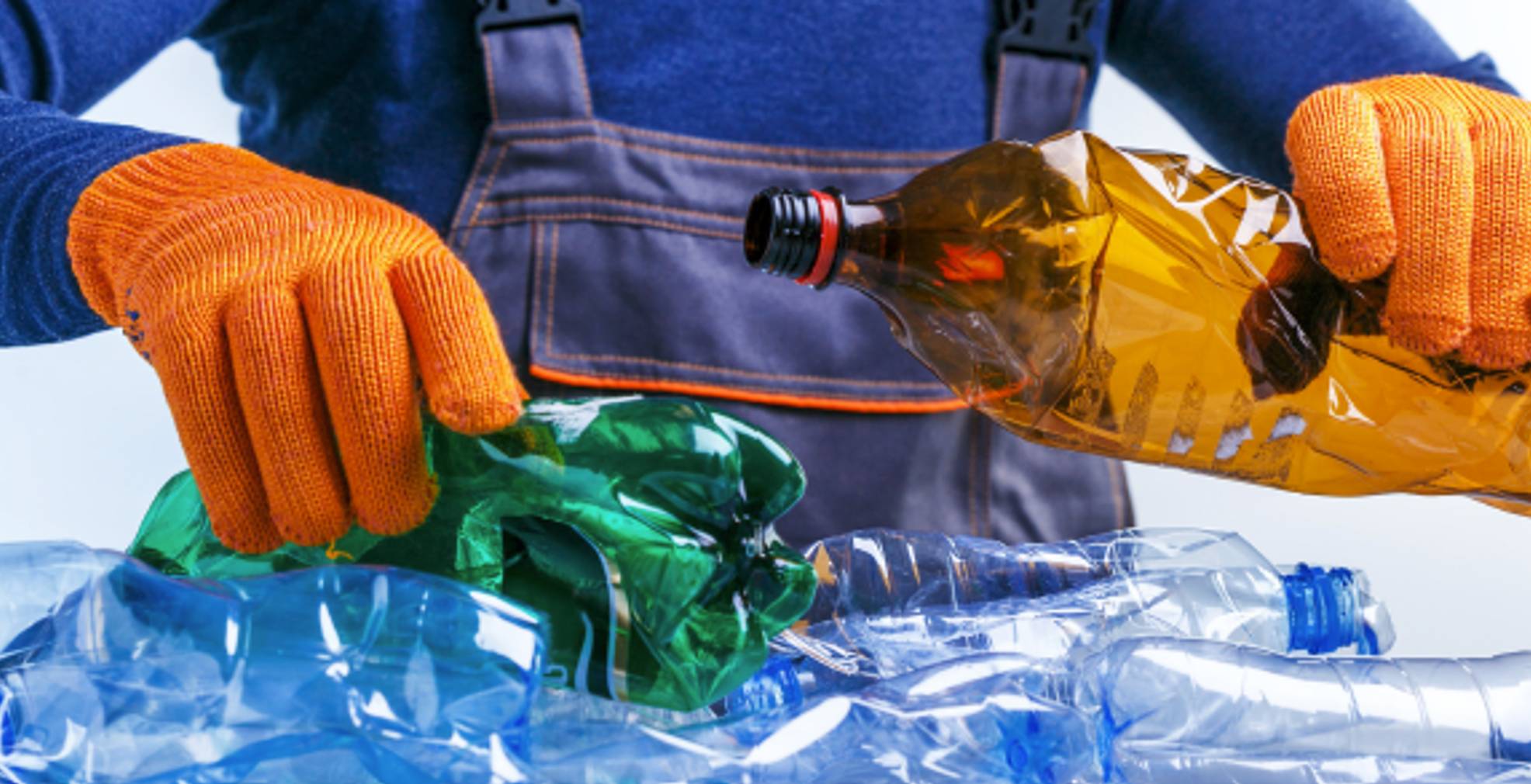
WHEN: 7 July, 2021 I TIME: 15:00 - 17:00 (Bangkok Time) I Watch the Video HERE
Plastic is a material that has conquered the entire world. Due to its low cost, light weight, versatility and durability it enables numerous uses in different sectors. Plastic as convenience- and hygiene-enabling material also has a dark side: especially in the form of single-use items that are burned or discarded after an average of 30 seconds of use. Plastic has shown up in the form of waste and microplastics all over the world, endangering human health, biodiversity, and the ocean’s ability to store carbon. Plastic particles can be found in the air, in water, soil, marine and land animals and even bees. More than 130 million metric tons of single-use plastics (SUP) were thrown away in 2019, mostly in the form of packaging.
In Asia, SUP convenience products have reached everywhere, even remote rural areas. In Asian countries, more than 50% of global SUP production is located, with India and China at the forefront. Much of the produced plastic products are exported. As an average of per capita consumption, plastic waste in many Asian countries is still quite low compared to the world’s top consumers, including Australia and the United States. There is a visible link between a growing middle class and unsustainable consumption and production patterns, including plastics. In the majority of Asian countries, the waste collection systems and the recycling capacity is not able to cope with the amounts of plastic generated. The most highly challenged countries include China, Indonesia, the Philippines, Vietnam, Sri Lanka, Thailand, Malaysia, Bangladesh, India, Pakistan and Myanmar. Some Asian countries, like Vietnam and Laos, are even importing plastic waste for “recycling”, when in fact, this waste often goes untreated. Malaysia and China have recently banned this practice.
Objective
The objective of the consultation meeting on plastics is to strengthen cooperation through the three SWITCH-Asia components (SCP Facility, Grants programme and Regional Policy Advocacy Component (RPAC)), involving the Country EU Delegations (EUDs), the National Focal Points (NFPs) of partner countries’ Ministries, Grant projects, and selected regional/international partners, to ensure an active exchange of experiences and ideas for creating larger impact.
Speakers
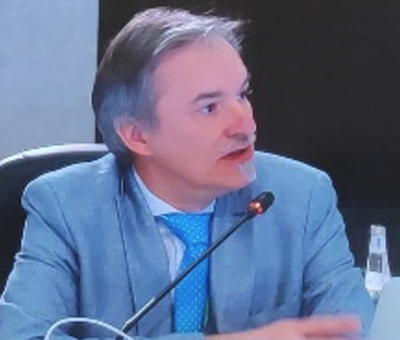 Mr. Luca MARMO, Senior Expert, DG Environment, European Commission
Mr. Luca MARMO, Senior Expert, DG Environment, European Commission
Luca Marmo is an Italian national and has a background in Physics. He joined the European Commission in 1997 and has since worked on a variety of policy and legislative files in its Environment Directorate-General, including organic waste management, soil protection, and bilateral relations between the EU and India, Indonesia and South East Asian Nations (ASEAN). Since July 2016, Luca has been working on the international aspects of sustainable consumption and production, resource efficiency and circular economy, including the International Resource Panel and the Global Alliance on Circular Economy and Resource Efficiency (GACERE). He is also G7/G20 Coordinator for matters of relevance to the Environment Directorate-General.
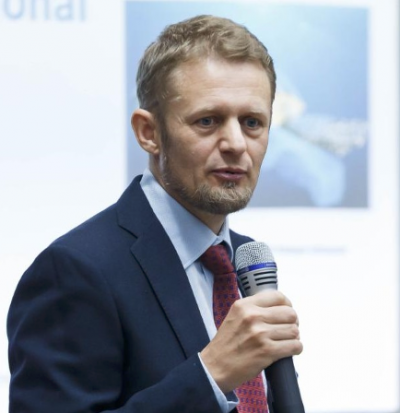 Dr. Magnus BENGTSSON, Expert, Enhanced Regional EU-ASEAN Dialogue Instrument (E-READI) Project
Dr. Magnus BENGTSSON, Expert, Enhanced Regional EU-ASEAN Dialogue Instrument (E-READI) Project
Magnus Bengtsson is an international sustainability expert advising governments and organisations on policies related to consumption and production and circular economy. He has lived and worked in Asia for close to 20 years. In 2019, he was one of the lead authors of an EU-supported regional study on plastics and circular economy in ASEAN. He is currently assisting the establishment of an ASEAN platform for circular economy while also facilitating EU-Indonesia cooperation on circular economy and supporting the government of Lao PDR on policies to address single-use plastics. Magnus is also a sustainability advisor to Japanese corporations, a lecturer at Toyo University in Tokyo, and policy lead at Berlin-based Hot or Cool Institute. In addition to a PhD in Environmental Systems Analysis, Magnus also holds degrees in Industrial Engineering and Management (MSc), and History (BA).
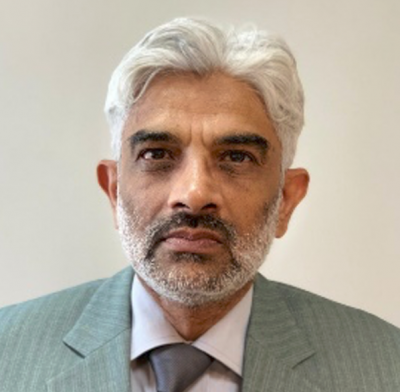 Mr. Muhammad Irfan TARIQ, Director General (Environment & Climate Change) in the Ministry of Climate Change and National Focal Point for the United Nations Framework Convention on Climate Change
Mr. Muhammad Irfan TARIQ, Director General (Environment & Climate Change) in the Ministry of Climate Change and National Focal Point for the United Nations Framework Convention on Climate Change
Mr. Muhammad Irfan Tariq joined Government of Pakistan in 1991 and has over twenty years’ experience of working in the public sector in federal and provincial governments mainly on policies, programmes and projects related to environment, climate change and sustainable development. He is currently the Director General (Environment & Climate Change) in the Ministry of Climate Change and National Focal Point for the United Nations Framework Convention on Climate Change. He has also been involved in the climate negotiations since the Rio Summit and serving as a Member of the Executive Board of Clean Development Mechanism of UNFCCC. Further, he is serving as Vice-Chair of the Working Group-II of Intergovernmental Panel on Climate Change (IPCC).
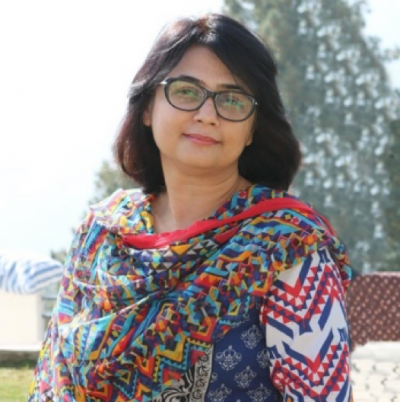 Dr. Saima SHAFIQUE, Assignment Expert, SWITCH-Asia SCP Facility
Dr. Saima SHAFIQUE, Assignment Expert, SWITCH-Asia SCP Facility
Dr. Saima is currently expert with SWITCH-Asia on waste management, with a focus on plastics, for a more efficient management, including minimisation and prevention approaches. She has 17 years of professional experience working within the area of health as analyst, advisor and project leader in Pakistan; managing projects with a focus on Water, Sanitation and Hygiene, involving multidisciplinary teams, donors, governments, private sector and local communities; she also has extensive experience in providing analysis and advice to policymakers on health reforms as well as on SCP and their implications for policy decisions and implementing projects. Dr. Saima holds a Master of Public Health from the University of the Punjab, Pakistan.
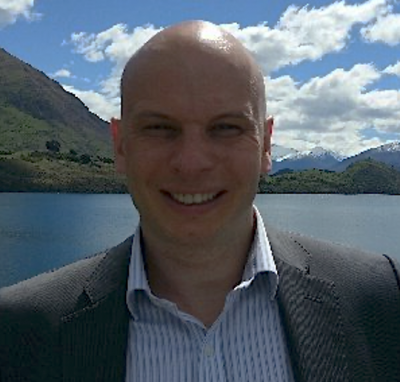
Mr. Steven LONG, SWITCH-Asia SCP Facility Expert
Steve has 25 years experience working in the environmental field, having worked in both governmental and private sectors in policy and operations. He is currently based in Lao PDR, Southeast Asia, but undertakes consultancy work globally. He has worked as a consultant since 2015, working with governments, NGOs, and the private sector in improving waste management across the whole supply chain. He has knowledge across most waste streams, with a particular emphasis on plastics. He has worked extensively in developing infrastructure and services for the collection, sorting and recycling of plastics. He is currently working for the EU SWITCH-Asia programme on developing policies for reducing single-use plastics in Lao PDR. He is also working on a number of projects in Asia in developing wate management infrastructure and services, including designing landfills and establishing waste and recycling collection approaches.
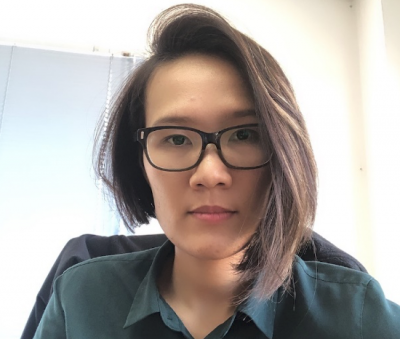
Ms. Thuy Phuong NGUYEN, SCP Expert, SWITCH-Asia SUSTOUR and Handle with Care Grant Projects
Thuý Phương Nguyễn specialises in sustainability certifications, resource efficiency, and sustainable consumption and production. She is currently an advisor of the SUSTOUR Laos project. Before that, Thuý worked alongside her team at GIZ and Luang Prabang Handle with Care project to promote plastic reduction and energy and water efficiency in tourism. Her experience includes working with both the public and private sectors in policy-making as well as operationalising sustainability interventions at a business level. Thuý has a Master's degree in Tourism from the University of Otago, New Zealand, and is pursuing a Ph.D. research that experiments with the application of behavioral insights in fostering environmental practices in hotel businesses.
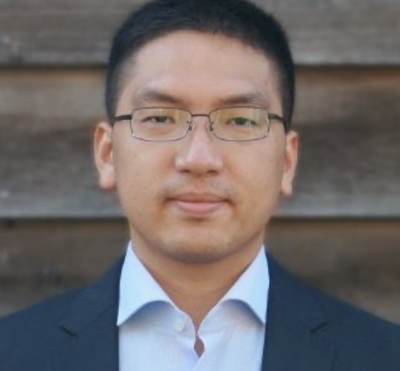
Mr. Feng WANG, Programme Officer, UN Environment Programme (UNEP)
Feng Wang serves as a Programme Officer in UNEP in the Economy Division, Paris office. He coordinates waste and circularity work in UNEP, and manages projects in the areas of Sustainable Consumption and Production, Circular Economy, Extended Producer Responsibility, and focuses on sectors of electronics and plastics. Before joining UNEP, he worked as a researcher in the United Nations University in Germany and a visiting researcher in Statistics Netherlands, to lead global and national project on electronic waste. Feng holds a Doctorate Degree from Delft University of Technology in the Netherlands, on topics of eco-design and waste management of obsolete products.
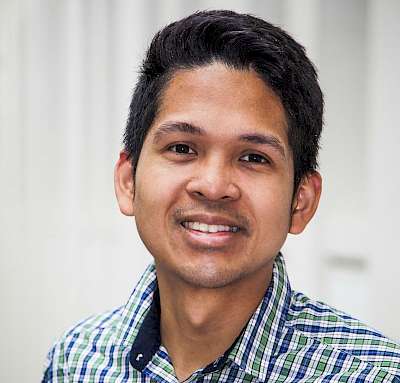 Mr. Jed ALEGADO, Senior Communications Officer, Break Free from Plastics Asia Pacific
Mr. Jed ALEGADO, Senior Communications Officer, Break Free from Plastics Asia Pacific
Jed is the Senior Communications Officer for Asia Pacific of #breakfreefromplastic. Since joining the movement in 2017, he has been instrumental in leading Asia Pacific’s communications work and in organizing capacity-building workshops on communications and campaigning for members in the region. Prior to this role, he has worked with Oxfam, where he led the media and communications for humanitarian responses during typhoon Bopha (2012), supertyphoon Haiyan (2013) and typhoon Ruby (2014). He also used to manage Project Agos, an online platform on disaster risk reduction and climate change adaptation funded by the Australian Government’s Department of Foreign Affairs and Trade (DFAT). He holds a master’s degree in Development Studies major in Agrarian, Food, and Environmental Studies from the International Institute of Social Studies part of Erasmus University Rotterdam in The Hague, Netherlands.
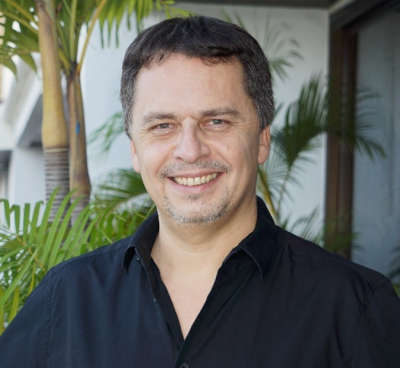 Mr. Alvaro ZURITA, Team Leader, Rethinking plastics - Circular economy solutions to marine litter, GIZ
Mr. Alvaro ZURITA, Team Leader, Rethinking plastics - Circular economy solutions to marine litter, GIZ
Alvaro Zurita is the team leader of the project “Rethinking Plastics-Circular Economy Solutions to Marine Litter”, funded by the EU and the German Ministry BMZ, and implemented by GIZ and Expertise France. The project is currently active in China, Indonesia, Japan, Philippines, Singapore, Thailand, Vietnam. After working for several years as an environmental consultant and at the university, in 2004 Alvaro joined GIZ, implementing waste management projects in Chile. A highlight was the incorporation of the Extended Producer Responsibility EPR into a new Chilean waste management law. Between 2011 and 2014 he worked at GIZ-HQ in Germany, responsible for the projects on ozone- and climate-friendly technologies for cooling and air-conditioning and the implementation of the Montreal protocol in Latin- America and Sub-Saharan Africa. From 2014 to 2019 he was based in Mexico managing a challenging Waste to Energy project.
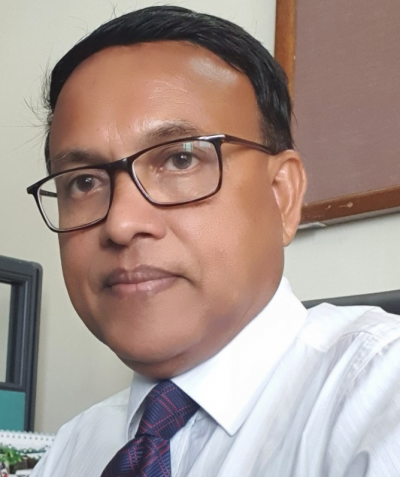 Dr. Abdullah NAZEER, Project Manager, The Maldives National University
Dr. Abdullah NAZEER, Project Manager, The Maldives National University
Dr. Abdulla Nazeer is currently working as the Project Manager to oversee the Prevention of Marine Litter in the Lakshadweep Sea (PROMISE) SWITCH-Asia project at the Maldives National University. The project tackles plastic waste on the shorelines of the Maldives, Sri Lanka and India. He has over 13 years of experience in the field of policy, planning and management. He headed the Policy, Planning & Research division of the Ministry of Education (MoE), Maldives, for several years as the Minister of State for Education. He led a team of professionals from the MoE to negotiate and finalise the United Nations sustainable development goals to set the global education agenda for 2030. The establishment of school environment clubs, initiatives to make schools plastic free in 2018 and the digital school project in 2017 to establish paperless classrooms were a few projects that have been implemented in Maldivian schools under his watch. As part of the school digital project all students and teachers from Grades 1-12 were given free tablets and Cambridge University was contracted to convert all print books to e-books.
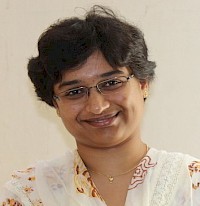 Ms. Soumya CHATURVEDULA, Deputy Director, ICLEI – Local Governments for Sustainability South Asia
Ms. Soumya CHATURVEDULA, Deputy Director, ICLEI – Local Governments for Sustainability South Asia
Soumya Chaturvedula brings her training as an Environmental Engineer and a graduate of environmental management to the varied roles she plays in ICLEI South Asia, since 2008. With design experience in solid waste management and water resource engineering, she is passionate about and works extensively on supporting cities tackle municipal waste, including plastic waste management. Experienced in climate action planning, with a focus on mitigation measures across sectors, she steers development and implementation of cross- sector projects covering the fields of renewable energy, energy efficiency, air pollution abatement, integrated water resource management and urban cooling. As the Deputy Director of ICLEI South Asia, she also provides strategic advice to multi-countrydevelopment programs, government of India, various sub-national governments and cities.
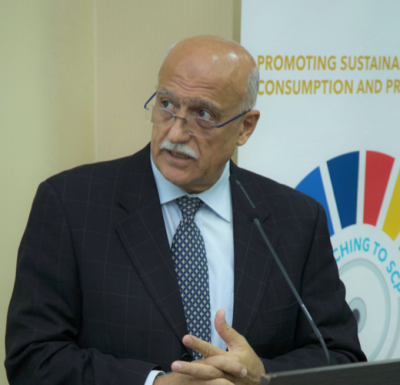 Arab Hoballah, Team Leader, SWITCH-Asia SCP Facility
Arab Hoballah, Team Leader, SWITCH-Asia SCP Facility
Arab is currently the Team Leader of the Sustainable Consumption and Production Facility (SCP Facility) of the SWITCH-Asia Programme. He has a longstanding experience in this sector as he used to be the Chief of the Sustainable Consumption and Production Branch in the United Nations Environment Programme. Arab launched and supervised various initiatives and partnerships (buildings, tourism, cities). He also coordinated the preparation and supervised the implementation of the 10 Year Framework of Programmes on SCP.
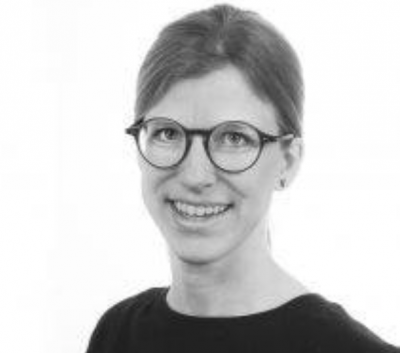 Cosima Stahr, Key Expert, South Asia, SWITCH-Asia SCP Facility
Cosima Stahr, Key Expert, South Asia, SWITCH-Asia SCP Facility
Cosima is the Key Expert for South Asia at the SWITCH-Asia SCP Facility of the SWITCH-Asia Programme. She is also Senior Project Manager at adelphi, leading the topic areas Green Finance and Green Economy, including SCP. Since 2009, she has led projects in the field of SME development, SCP, green finance, and clean-tech innovations both in Europe and other regions of the world.
Highlights
